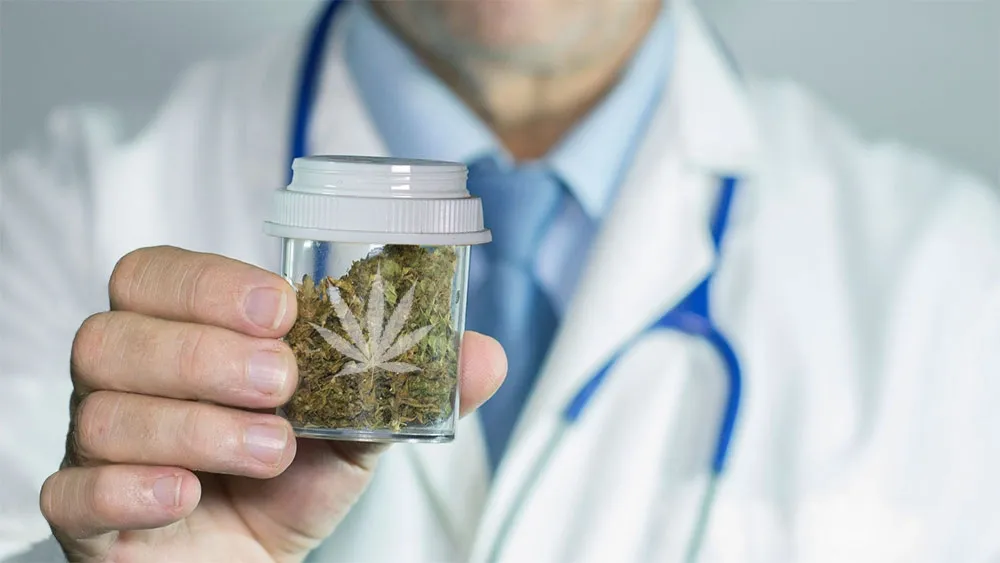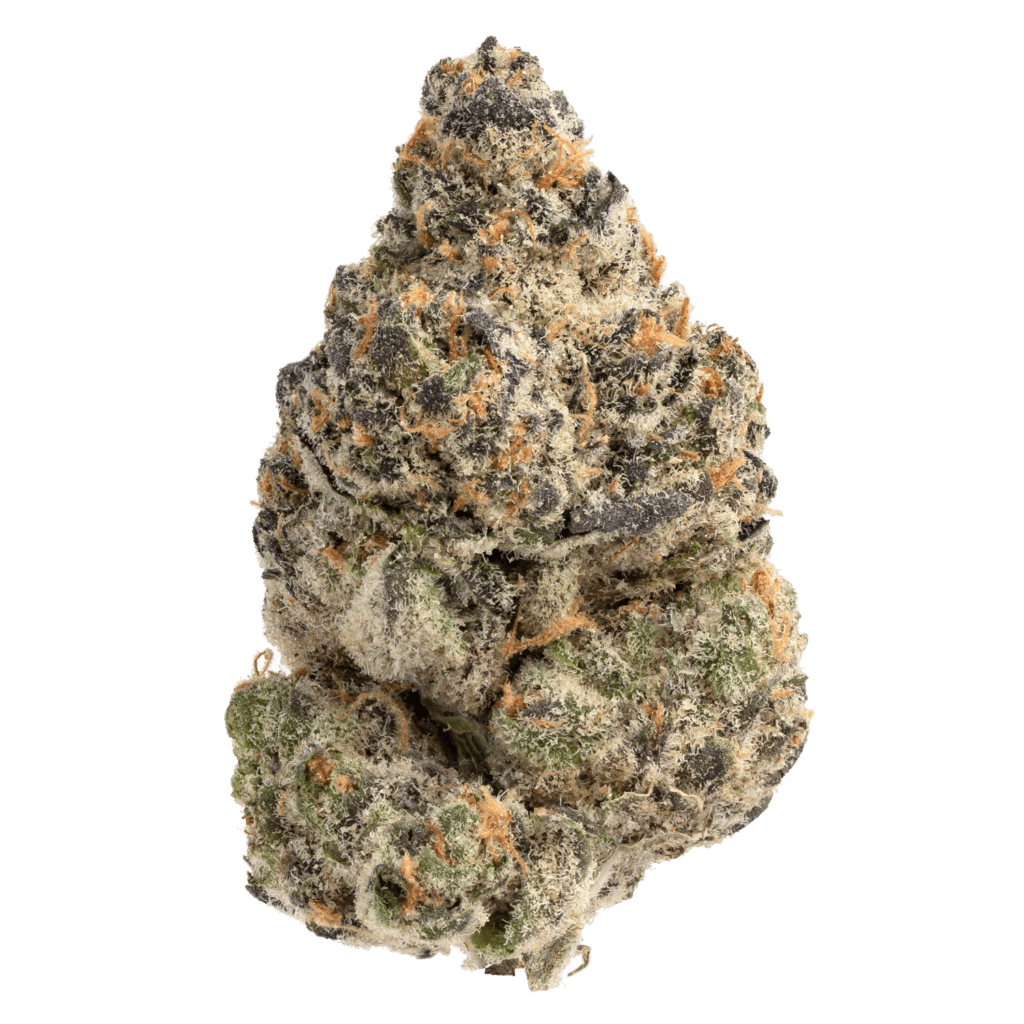No products in the cart.
Can You Smoke Weed Before Surgery?
25 May 2023

The use of weed, also known as marijuana, has been a topic of controversy and debate for many years. With the increasing legalization and decriminalization of weed in many states, people are now more open to using it for medicinal and recreational purposes. However, there are concerns about the safety of using weed before surgery. This article seeks to debunk common myths and misconceptions about the use of weed before surgery.
Understanding the Effects of Weed on the Body
Weed contains a chemical compound known as delta-9-tetrahydrocannabinol (THC), which is responsible for its psychoactive effects. THC binds to cannabinoid receptors in the brain, altering mood, perception, and behavior. When weed is smoked, THC quickly enters the bloodstream and reaches the brain within minutes, causing a high or euphoric feeling.
The effects of weed on the body can vary depending on the method of consumption, the potency of the strain, and the individual’s tolerance. Some of the short-term effects of weed include increased heart rate, dry mouth, red eyes, impaired memory, and impaired motor coordination. These effects can last for several hours, and in some cases, days.
Misconceptions About Weed and Surgery
There are several misconceptions about using weed before surgery. One of the most common misconceptions is that weed can help with pain management during and after surgery. While weed has been shown to have analgesic properties, its use before surgery can actually increase the risk of complications.
Another misconception is that weed can help with anxiety and stress before surgery. While some people may find weed calming, it can also increase heart rate and blood pressure, which can be dangerous during surgery.

Some people also believe that weed can improve the immune system and speed up the healing process. However, there is no scientific evidence to support these claims, and using weed before surgery can actually impair the immune system and slow down the healing process.
The Risks of Using Weed Before Surgery
Using weed before surgery can have several risks and complications. One of the main risks is that it can interact with anesthesia and other medications used during surgery, leading to unpredictable effects and increased risk of complications. It can also cause respiratory depression, which can be dangerous during surgery.
Using weed before surgery can also affect the cardiovascular system, increasing heart rate and blood pressure, which can lead to complications such as heart attack, stroke, or cardiac arrest. It can also impair cognitive function, making it difficult for the patient to understand and follow post-operative instructions.
What to Tell Your Doctor About Your Weed Use
It is important to inform your doctor about any weed use before surgery. Your doctor needs to know the type of weed you are using, the method of consumption, the frequency of use, and the last time you used it. This information can help your doctor make informed decisions about your care and minimize the risk of complications during and after surgery.
Alternatives to Using Weed Before Surgery
If you are using weed for pain management or anxiety, there are several alternatives that are safer and more effective. Your doctor may recommend non-opioid pain medications, such as acetaminophen or ibuprofen, or anti-anxiety medications, such as benzodiazepines.

There are also non-pharmacological alternatives, such as meditation, yoga, or acupuncture, which can help with pain management and anxiety. These alternatives have been shown to be effective and safe, with no risk of complications during or after surgery.
Case Studies and Research on Weed Use Before Surgery
There is limited research on the safety and efficacy of using weed before surgery. However, some case studies have reported complications such as respiratory depression, arrhythmia, and prolonged recovery time. Other studies have shown that using weed before surgery can increase the risk of post-operative complications. Such as infections, bleeding, and delayed wound healing.
Best Practices for Preparing for Surgery
To minimize the risk of complications during and after surgery, it is important to follow best practices for preparing for surgery. These include:
- Informing your doctor about any weed use
- Following pre-operative instructions, such as fasting and avoiding certain medications
- Staying hydrated and getting enough rest before surgery
- Following post-operative instructions, such as taking medications as prescribed, avoiding strenuous activities, and keeping the incision site clean and dry
Conclusion and Key Takeaways
Using weed before surgery can have several risks and complications. Including, interactions with anesthesia and other medications, respiratory depression, and cardiovascular complications. It is important to inform your doctor about any weed use and consider safer alternatives for pain management and anxiety. By following best practices for preparing for surgery. You can minimize the risk of complications and ensure a safe and successful surgery.





